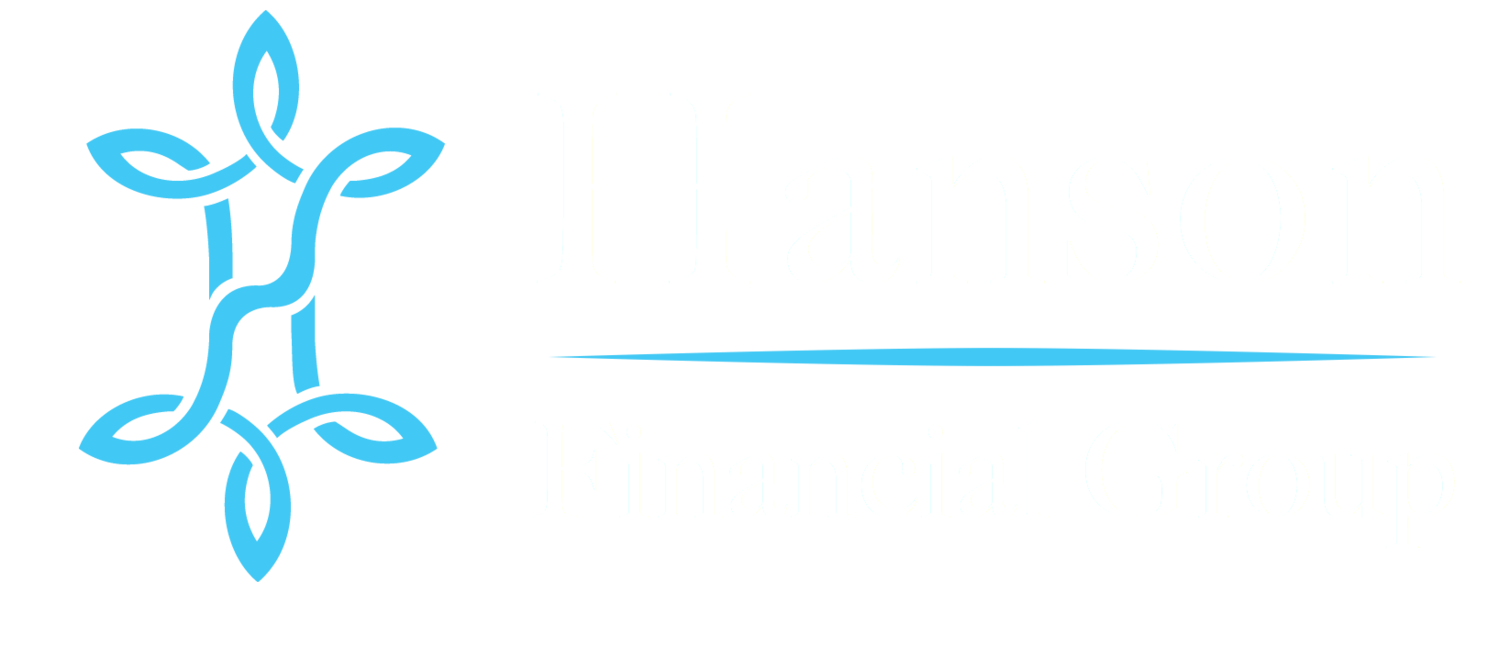Group Benefits
Regardless of your company size, the benefit package you provide to your employees is critical in today’s environment. It is your way of recruiting talented employees and retaining them. But for many small to mid-size business owners, finding affordable health insurance for their employees is a challenge. Increasing rates and the complexity of health care reform make these decisions even more difficult. Hanson Financial Group can help you create and maintain a benefit package that meets your employees' needs and respects your bottom line.
One way for employers to look at cutting costs without cutting benefits is a self-funded plan. This is a way for the large employer and mid-size groups to offer an attractive benefit package and manage costs where a fully insured plan would be cost-prohibited. Maybe you are a small or mid-size company that isn’t ready to be self-insured but would like to have more manageable premiums as well as the freedom to offer choice, yet still enjoy lower premiums; this is where a level-funded plan might be a good fit. Combine this with a wellness program and management tools to help contain costs and this can be an attractive option. Another option for an employer wanting to offer benefits within a limited budget is to offer employees the option of purchasing ancillary insurance such as Disability, Life, or Dental using their own funds but at a much more attractive group rate secured by the you the employer.
Maintaining required compliance in today’s landscape can offer another layer of complexity to the process. State and federal mandates as well as health care reform can be overwhelming. When you partner with Hanson Financial Group, you gain a valuable resource to guide you through the complexities of compliance and reporting.
For More information on how Health Care Reform and how it affects you:
Menu of Services
Group Medical Insurance: Fully insured, level funded and self-insured and HSA’s
Group Dental Insurance
Group Disability Insurance: Long Term and Short Term Disability protection
Group Life and AD&D
Group Long Term Care : Group and voluntary
Voluntary Benefits: Through private exchange
Enrollment Services
Human Resource Assistance
Claims/Service/Advocacy/EAP Programs
Certified Brokers in Small Group Health Options Program (SHOP) and Individual Marketplace
401(k)
The benefits you offer say a lot about the company providing them.
Business Succession Plans
The role of the family business isn’t necessarily the mom and pop storefront or website business we often think of. In fact, 35 percent of Fortune 500 companies are private or public companies controlled by families. Those family businesses are responsible for nearly 60 percent of the jobs in America and almost 80 percent of job creation. However, in today’s complex world combined with the intimate workings of families comes the decision of whether or not the next generation wants to take over the reins of the company and how to structure that transfer of ownership. That is the cornerstone of a Business Succession Plan. Keys issues that a Business Succession Plan addresses are generational transition, the alignment of family interest, the balancing of financial returns, how family disputes will be handled, an exit strategy and the plan if one of the key employees or owners becomes disabled or dies. Many times partners or family members will have the best of intentions but without that written document outlining the “meeting of the minds” it can quickly turn to chaos
With a well-defined Business Succession Plan and a business evaluation, there is the next critical question, “If something unexpected were to happen, a death or disability, where would the funding come from to fulfill the buy-out or overhead to continue running the business?” The most cost effective answer is life insurance. In the event of a death, the death benefit can either fund the buy-out or continue the business and in the event of a disability, the cash value can help maintain the business. The cash value may help cover some of the costs in the event of a disability but Business Overhead Expense (BOE) should be considered as well. Unlike individual policy’s BOE usually has a shorter term and covers the typical business expenses such as payroll, rent, utilities, taxes, equipment leases, legal expenses as well as employee benefits. It could mean the success or failure of your business and ultimately your livelihood in the event that something unexpected happened.
What are the chances you could become disabled? Probably more likely than you would think….
All businesses, large and small, have unique needs based on their stage in the business life cycle. Identifying core needs of the business can help determine what type of planning is needed and how to successfully manage their risk and continued growth and success, let us at Hanson Financial help guide you through this process.

